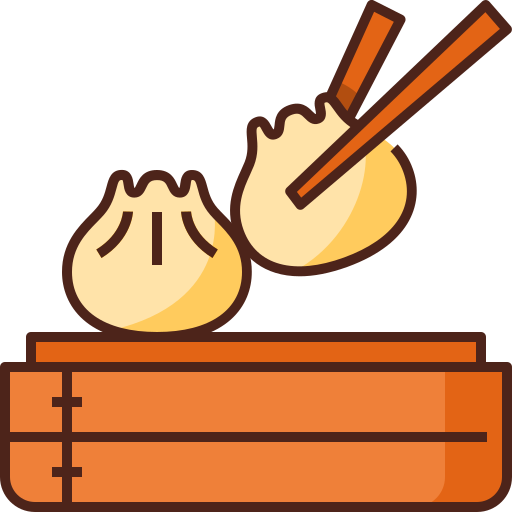🥟 Dumplings in Chinese Medicine
It's getting cold outside, so make sure you keep your ears warm! Here's a story about jiǎo zi (Chinese dumplings) and how they're related to traditional Chinese medicine...
Dumplings and Chinese Medicine
Chinese dumplings (餃子 jiǎo zi) are often eaten during the Chinese New Year, but they may have their origins as a medicinal food.

One story is that dumplings were invented during the Han dynasty by Zhang Zhongjing.
That's right. The same guy who wrote the Shang Han Lan and Jin Gui Yao Lue also invented dumplings.
(What a saint.)

The story goes like this:
One day, as Zhong Zhangjing was walking home during wintertime, he saw that many common people had frostbitten ears because they lacked proper clothing and sufficient food.
So he came up with a simple way to treat these people. He stewed lamb, black pepper, and other warming medicinals in a pot. Then he chopped it all up, used it to fill small dough wrappers, and boiled them.
He would then give the dumplings (along with the broth) to his patients until the coming of the New Year.
The original name for these dumplings was "tender ears" (嬌耳 jiao'er) because they were first used to treat frostbitten ears.
(And maybe they also looked kind of like ears, so, doctrine of signatures...)

As you probably know, lamb is one of the warmest meats in Chinese medicine.
For example, in the Jin Gui Yao Lue, Zhang Zhongjing has a formula for postpartum women called Dāng Guī Shēng Jiāng Yáng Ròu Tāng (mutton stew with tangkuei and fresh ginger). It treats interior deficiency with cold blood.
So this warming lamb was probably combined with other warming ingredients like black pepper, chive, and ginger to help warm people up during the cold winter months.

So, I guess having Santa Claus bring people toys on Christmas Day sounds pretty good, but I'd much rather have Zhang Zhongjing bring me some dumplings.
Make sure you stay warm out there this holiday season!
